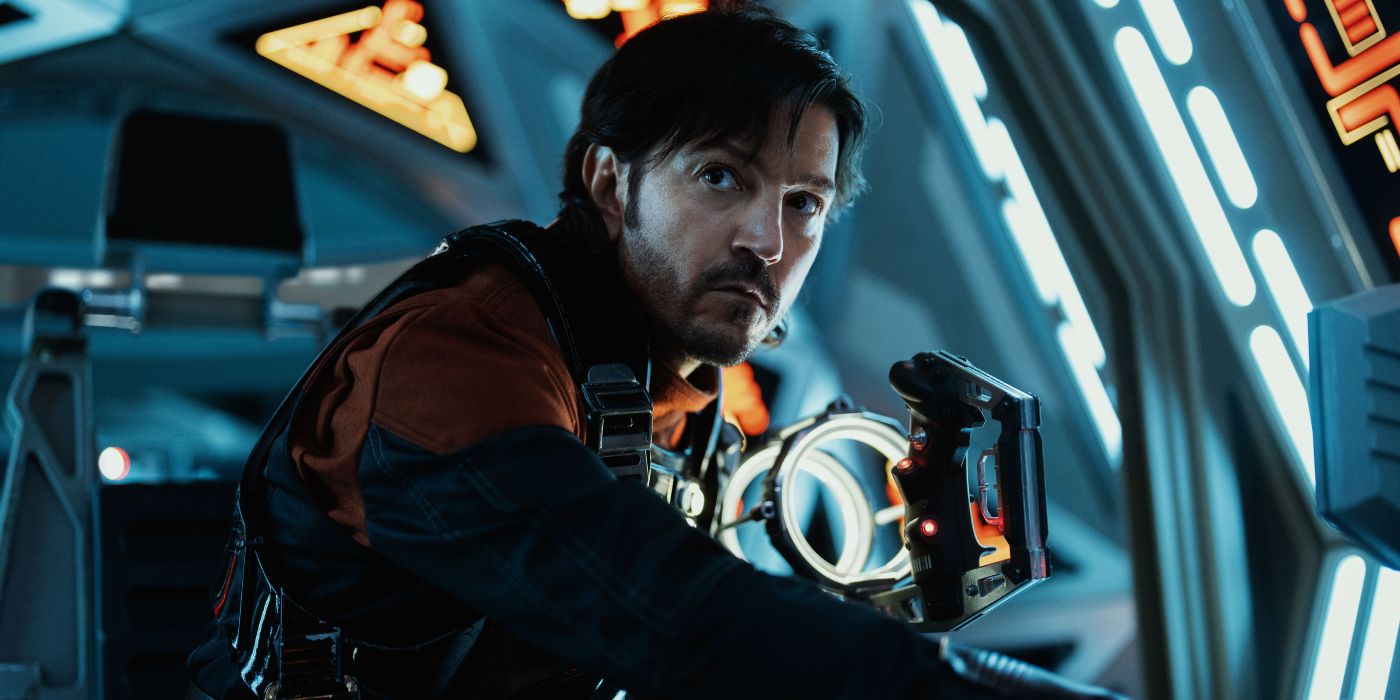
Cautionary Note: This piece discusses events from the first three episodes of Andor Season 2, along with instances of sexual assault. Exercise caution as sensitive content is involved; reader’s discretion is strongly recommended.
Since the debut of “Andor” on Disney+ in 2022, it has garnered widespread acclaim for its gritty, adult themes and its audacity to explore topics that challenge the conventional boundaries of a “Star Wars” production. While “Star Wars” has historically aimed to cater to all ages as four-quadrant family entertainment, the focus on political machinations, espionage, and examining the corrupt workings of oppressive regimes in “Andor” makes it a “Star Wars” series designed for a more mature audience. This creative freedom enables “Andor” to delve into some grim territories, as evidenced by the Season 2 premiere’s opening sequence, which may represent the franchise’s bleakest moment yet.
In the third episode of Andor Season 2, an Imperial officer makes a distressing advance towards Bix Caleen (Adria Arjona), which she prevents by shooting him. Later, when another Imperial officer attempts to apprehend her, Bix expresses her anger by stating that the previous officer had attempted to rape her. This is the first time such explicit references to sexual assault and the use of the word “rape” have been made in the Star Wars universe.
In the Star Wars franchise, the scene from Andor that left me feeling uneasy was particularly disturbing, especially considering Anakin Skywalker’s past actions of deliberately killing women, children, and Jedi younglings in Attack of the Clones and Revenge of the Sith. I find myself struggling with my emotions regarding this scene.
The Intent Behind the Scene in ‘Andor’
The sensitive topic of sexual assault and rape in media should never be trivialized. Regrettably, it’s frequently exploited by male writers as a means to boost drama and intensity in a story, often at the expense of female characters, serving either as a source of trauma or a plot device for male characters. I can’t judge if Andor approached this topic appropriately, but it doesn’t appear to be used flippantly or without purpose. Writer Tony Gilroy is presenting a more brutal aspect of the Empire’s wickedness through this approach, one that goes beyond the destruction of a planet filled with nameless, faceless beings.
In this context, it’s highlighted how authoritarian regimes may leverage sexual violence as a tool, as evidenced by numerous reports of Nazi soldiers sexually abusing women within concentration camps. Similarly, the series Andor illustrates how those in positions of power, such as police officers or immigration officials, can exploit their authority to commit despicable acts like sexual violence, which often go unreported due to fear or lack of accountability. A 2013 study revealed that sexual violence is the most frequently reported form of police misconduct after excessive force. The American Civil Liberties Union (ACLU) further pointed out that marginalized communities, including women of color, LGBTQ+ individuals, sex workers, and those facing incarceration threats, are disproportionately targeted by police for such abuse. In the specific scene referenced, the Empire officers are depicted as immigration officials seeking to deport an undocumented political refugee, like Bix, who is portrayed by an actress of Guatemalan and Puerto Rican heritage. Regrettably, instances of sexual misconduct and abuse are prevalent in Immigration and Customs Enforcement (ICE) detention centers, as indicated by PBS, where between 2015 and 2021, 308 complaints were filed by immigrants detained in ICE facilities regarding sexual assault and sexual abuse.
In the show Andor, a scene depicting an attempted sexual assault serves a significant purpose, drawing attention to the gritty realities of life under the Empire. This scene aligns with the series’ objective to portray a mature perspective on the struggle between the Rebel Alliance and the Empire, featuring characters who operate in moral gray areas and villains capable of heinous acts. The creators are exercising their creative freedom to evolve Star Wars and explore its themes more deeply. This is just one instance of the many hardships endured by the character Bix, demonstrating how the Empire’s cruelty has left deep emotional wounds across the galaxy. The Empire’s oppression is fueling rebellion as it harms everyone indiscriminately.
In many authoritarian regimes, sexual assault is prevalent, often taking place within power imbalances. This disturbing fact raises the question: Should the Star Wars franchise strive for realism, given its fantastical elements such as robots, extraterrestrials, and spacecraft that maneuver like fighter jets, all existing in a universe where sound travels? Realism has never been a focus of this series. The opening text, “a long time ago in a galaxy far, far away…” positions it as a galactic fairy tale, and George Lucas intended it to be so from the beginning. So, does incorporating certain elements potentially distort the fantastical aspect of Star Wars too greatly, risking a break in its magical essence?
Why Does This Feel Out of Place in ‘Star Wars’… And Should It?
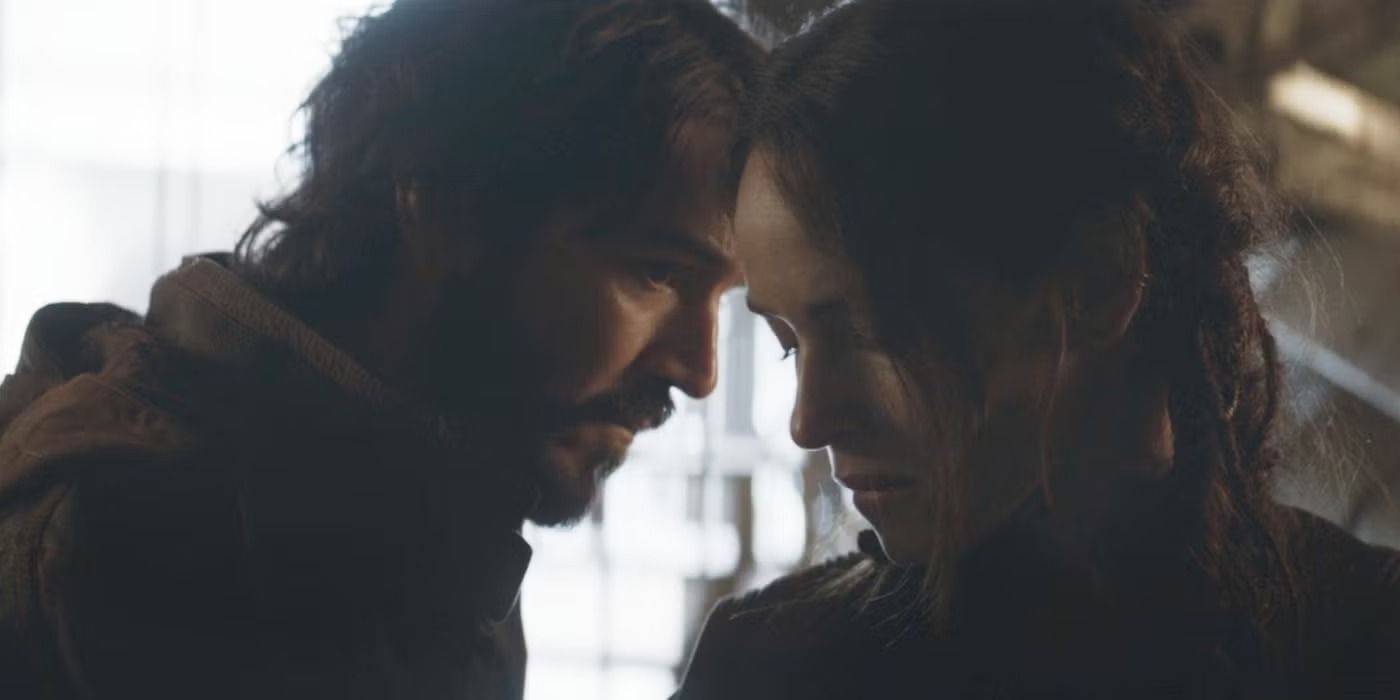
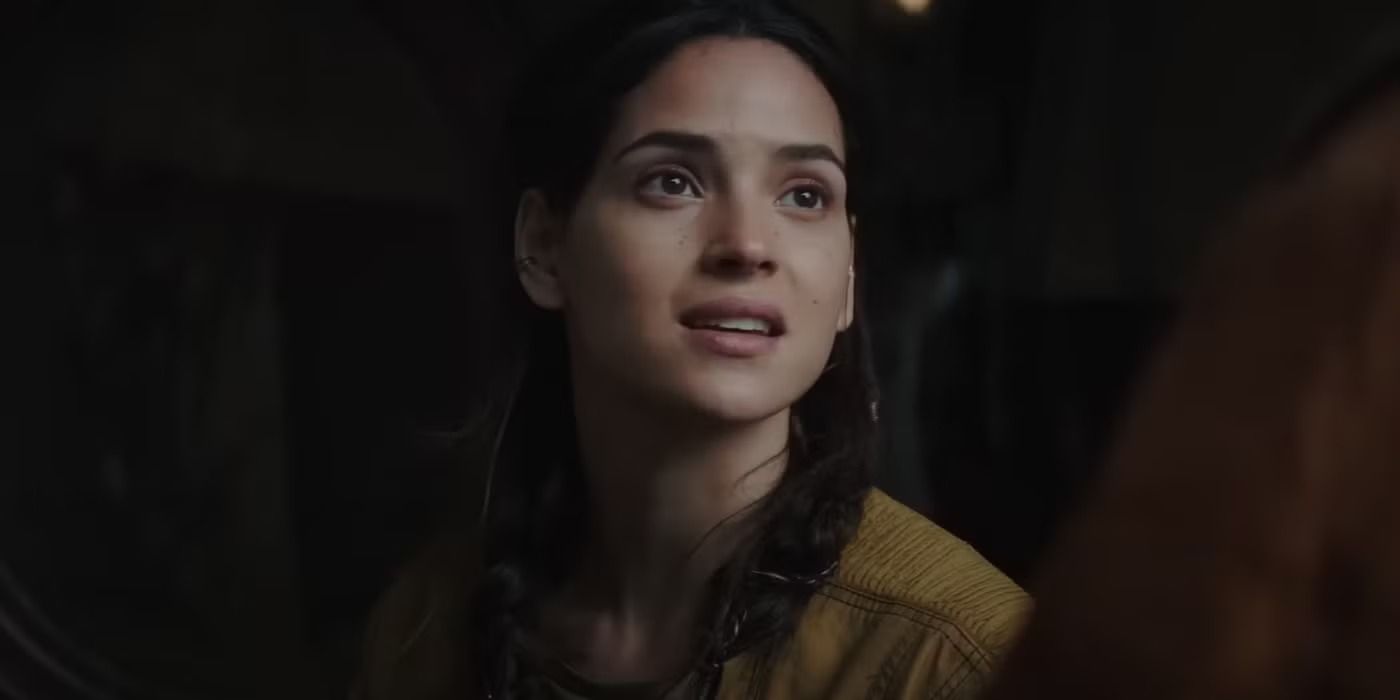
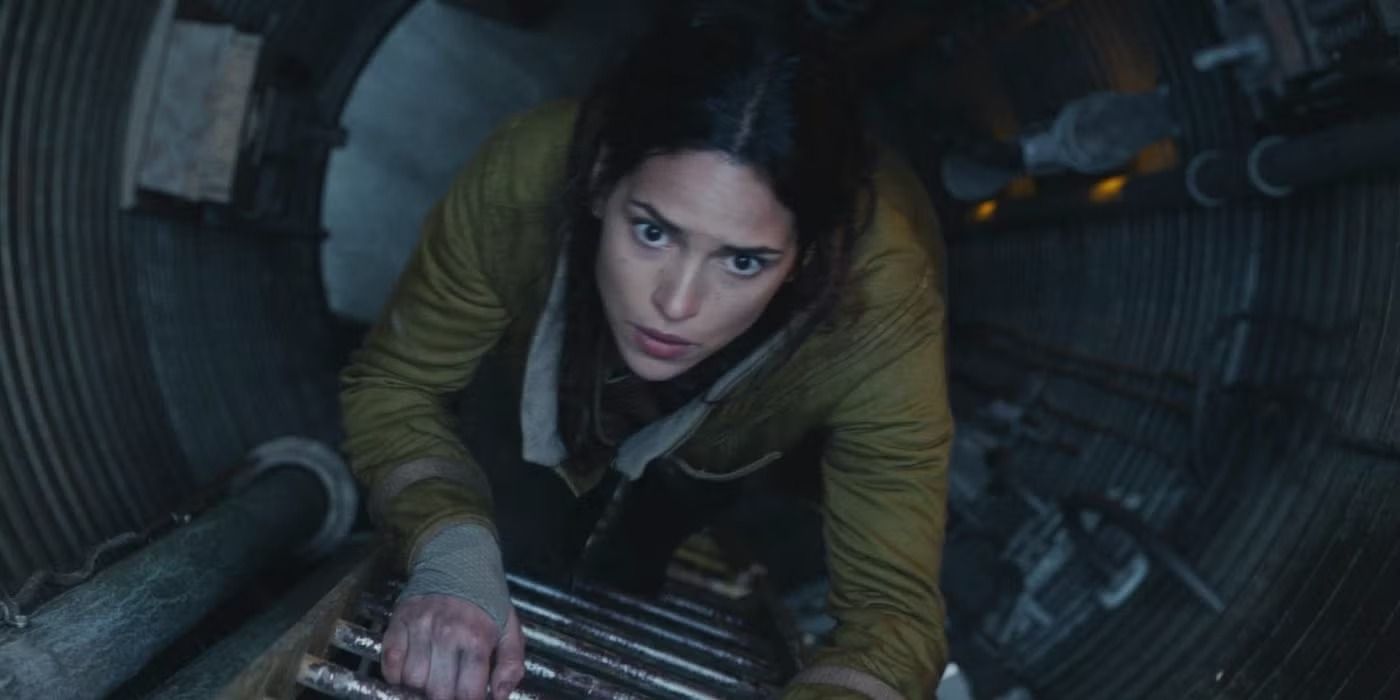
The disturbing incident of an attempted sexual assault really shook me up while I was watching “Andor”. To be clear, this isn’t a critique of the show itself – it’s just my personal response to that specific episode. After all, with its use of lightsabers, droids mimicking baby noises, and alien characters reminiscent of werewolves, this franchise certainly has an unique charm that sets it apart from other productions at first glance.
Since viewing that particular episode, I’ve been pondering what specifically made me feel uneasy about this event within the Star Wars universe compared to other instances of physical violence. While Anakin Skywalker’s actions towards the younglings do make Vader’s redemption in Return of the Jedi less palatable, they never seemed out of place within the broader franchise. However, considering the nature of child murder, it should feel disturbing. The only explanation I can come up with is that the incident is merely mentioned rather than depicted on screen, unlike the attempted attack on Bix, which doesn’t shy away from portraying its discomfort and danger.
Pondering over this, a peculiar sensation arose concerning the appropriateness of sexual assault within the realm of Star Wars. Although Andor may be geared towards a more mature audience, it shares a universe with a significant youth fanbase. Unlike other popular franchises such as The Lord of the Rings and Transformers, sexual assault is absent from their narratives, making its inclusion in Star Wars seem jarring and out of sync. This got me thinking, “Why don’t I find it bothersome to the same extent in Marvel productions?” I must clarify that I do object when such instances are gratuitous.
As a movie enthusiast, I must admit that the depiction of sexual violence in shows like Jessica Jones doesn’t instantly jar me out of the immersive experience as it did with Andor. Quite the opposite, actually. The way Jessica Jones handled such sensitive subject matter felt coherent within the expansive Marvel Cinematic Universe (MCU), where even cosmic threats from Ultron and Thanos can’t overshadow the existence of personal evils like Kilgrave lurking in the corners. It doesn’t immediately strike me as a clash with the tone of series like Ms. Marvel or She-Hulk, because the MCU is capable of accommodating such diverse narratives. It seems illogical to give Marvel a pass for this while criticizing Star Wars, doesn’t it?
As a movie enthusiast, I’ve always found Marvel Comics to be appealing in a way that transcends their initial intended audience of kids. Since the 1960s, they’ve managed to appeal to counterculture youth and college-aged fans, giving them a slightly more mature feel. They’ve marketed themselves as a reflection of the world around us, tackling real-world issues that demand our attention. In contrast, Star Wars is a different universe entirely – a galaxy far, far away. It’s a blend of elements, themes, and visual cues from our world, yet it remains distinctly unique while still feeling familiar.
In an unusual blend of styles, Star Wars stands out among sci-fi franchises due to its eclectic mix of elements. For instance, it can incorporate 1950s American diners, even though there’s neither a 1950s era nor America in this universe. Yet, when these diverse elements such as space pirates, samurai-like warriors, and suburban landscapes reminiscent of the 1980s America appear within the Star Wars franchise, they somehow embody its essence effortlessly.
Being a devoted fan of a long-running series like “Star Wars” can sometimes bring about unique experiences. There comes a time when an element from a “Star Wars” project contradicts or challenges your perception of the universe, leaving you perplexed about this galaxy. For instance, some found the Ewoks in “Return of the Jedi” excessively adorable, while others felt let down by Jar Jar Binks in “The Phantom Menace.” The fanbase erupted over “The Last Jedi” for numerous reasons. The resurrection of Palpatine and the reversal of Rey’s origin in “The Rise of Skywalker” were deal-breakers for some, causing them to abandon the franchise. Even minor details, like the color-coded speeders in “The Book of Boba Fett,” were too much for certain fans to handle. So, when you don’t appreciate something within “Star Wars,” it’s simply part of the journey; the real question is, what do you do next?
Not Everything ‘Star Wars’ Does Will Be What I Would Do, and That’s Okay
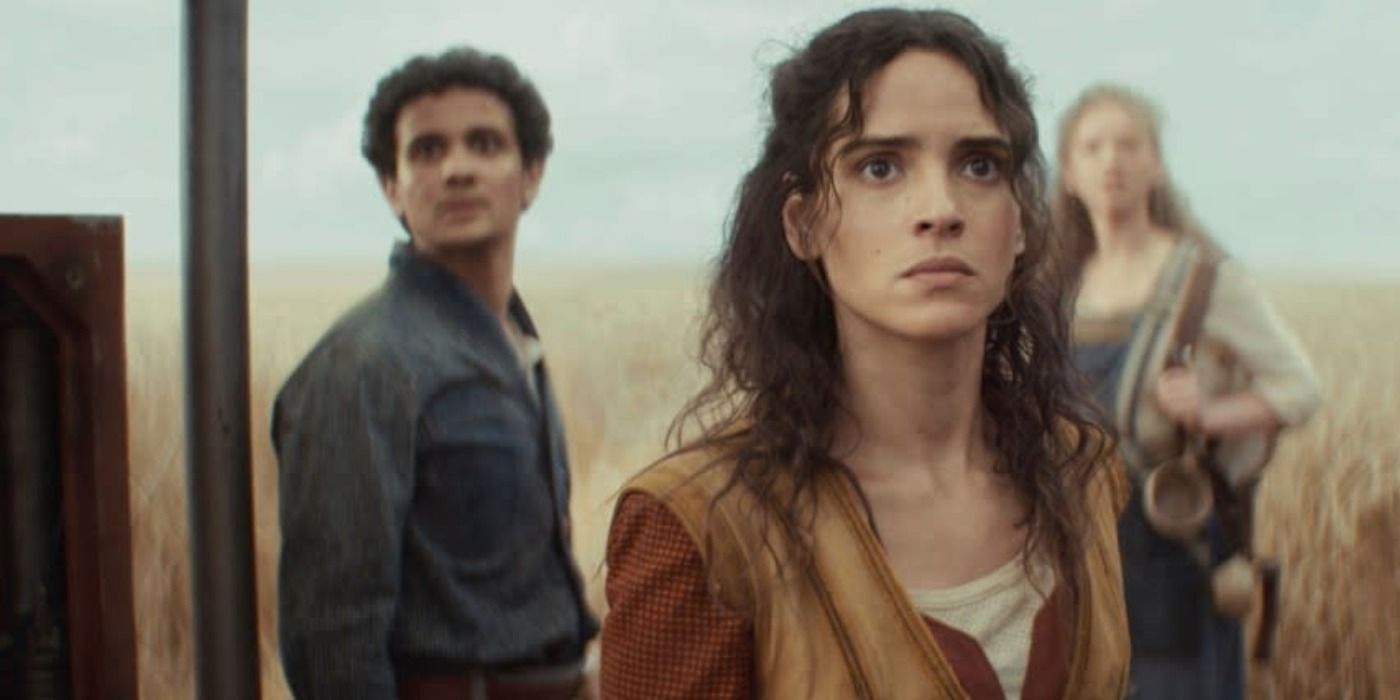
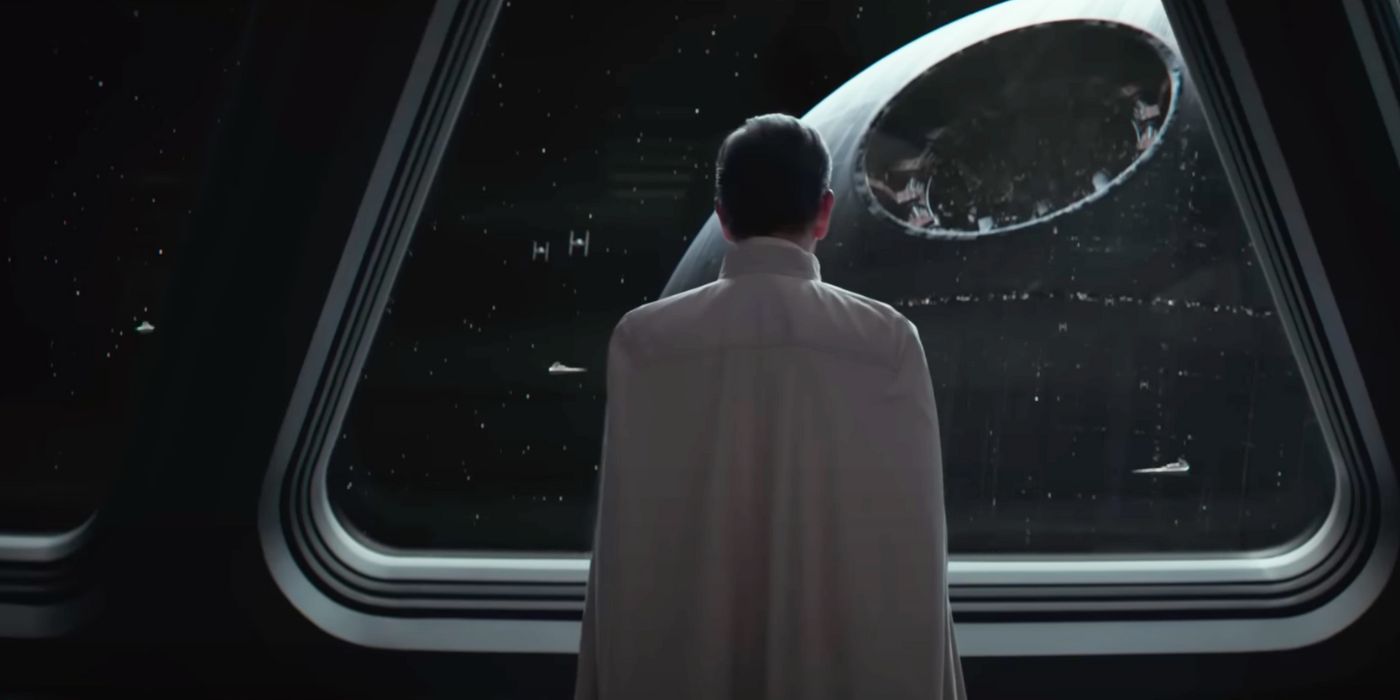
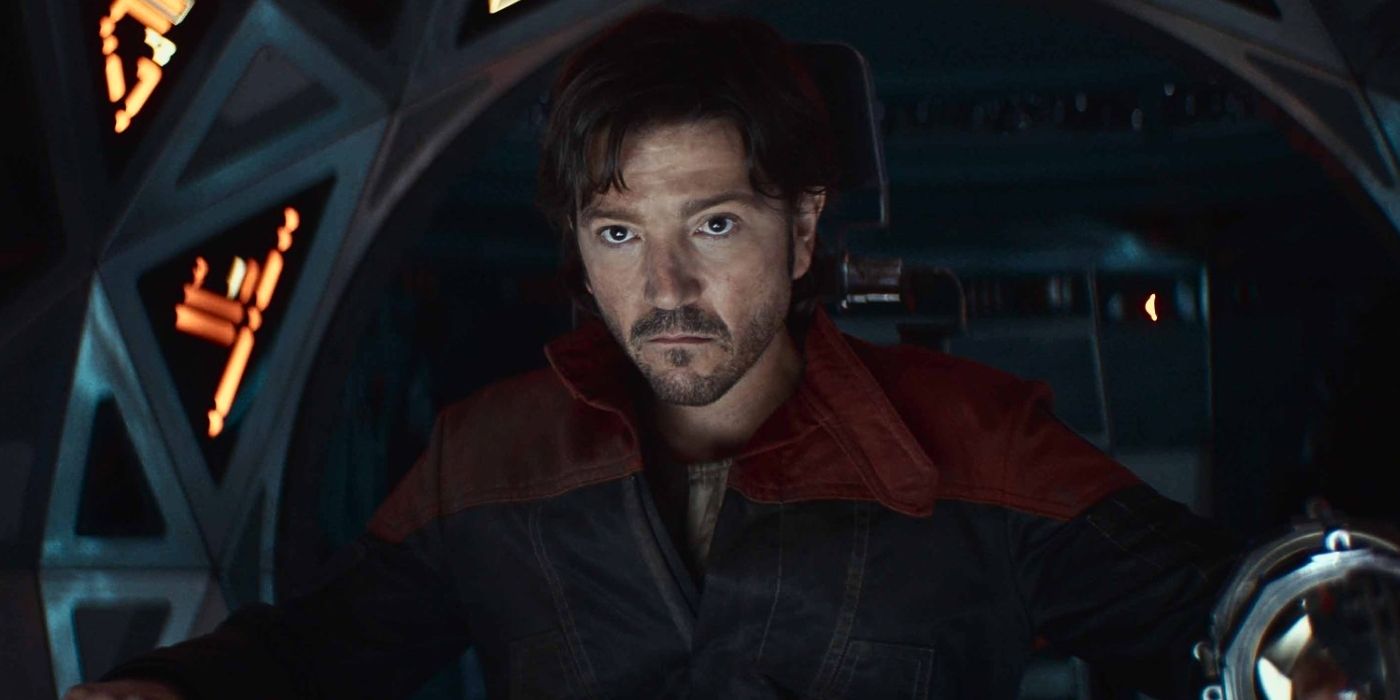
Though some may find sexual assault themes incongruous within Star Wars, this perspective does not reflect the merit of Andor. I won’t take on the role of Helen Lovejoy here, as it’s unlikely that children watching The Mandalorian will transition to Andor and encounter such content. Instead, they’ll probably engage with it when they’re mature enough for this discourse. It’s challenging for me to accept a universe where characters like Grogu and R2-D2 coexist with such themes, but I won’t suppress creators like Gilroy who aim to make bold creative strides with Star Wars. In the end, shows like Star Wars may need to address sensitive topics like rape, as it underscores their impact and makes viewers uncomfortable – which is precisely what they should feel.
As a movie enthusiast looking back on my childhood memories of Star Wars, I find myself captivated by the mature narrative of Andor. This series seems tailored for those who, like me, were enchanted by the prequels and appreciated the political depth that some critics and fans seemed to overlook during their initial release. Andor, in essence, is a Star Wars production that has grown up alongside its audience, offering a show that resonates deeply with our maturing perspectives.
For those who crave a Star Wars experience that mirrors our own growth, Andor serves as an ideal choice. However, it’s heartening to know that there are still projects within the Star Wars universe that remain true to George Lucas’ original vision of catering to both children and the child within us all.
It’s perfectly appropriate for ‘Andor’ to explore such a complex topic, although it might momentarily surprise me and leave me pondering. I appreciate ‘Star Wars’ because it covers such a broad range of themes. For instance, the adventures depicted in ‘Skeleton Crew’ can be entertaining, while ‘Andor’ delves into more serious political issues. On the other hand, ‘The Mandalorian’ provides a playful experience, reminiscent of playing with different ‘Star Wars’ action figures. While ‘Star Wars’ may not need to become fully R-rated, it’s great that it can tackle profound subjects and innovate. It has done so in diverse ways, from the tone of ‘Andor’ to ‘The Bad Batch’, and even in the prequels and ‘The Last Jedi’. This universe is rich with potential stories, and we should not confine it.
Though there’s an aspect of Andor that I find challenging, I remain thankful for the series and its impact on Star Wars as a whole. Time may soften my feelings about it, and it could eventually become a cherished part of Star Wars, much like other initially contentious elements have. Andor is currently streaming on Disney+.
Read More
- Gold Rate Forecast
- PI PREDICTION. PI cryptocurrency
- SteelSeries reveals new Arctis Nova 3 Wireless headset series for Xbox, PlayStation, Nintendo Switch, and PC
- Masters Toronto 2025: Everything You Need to Know
- WCT PREDICTION. WCT cryptocurrency
- Guide: 18 PS5, PS4 Games You Should Buy in PS Store’s Extended Play Sale
- LPT PREDICTION. LPT cryptocurrency
- Elden Ring Nightreign Recluse guide and abilities explained
- Solo Leveling Arise Tawata Kanae Guide
- Despite Bitcoin’s $64K surprise, some major concerns persist
2025-04-23 18:06